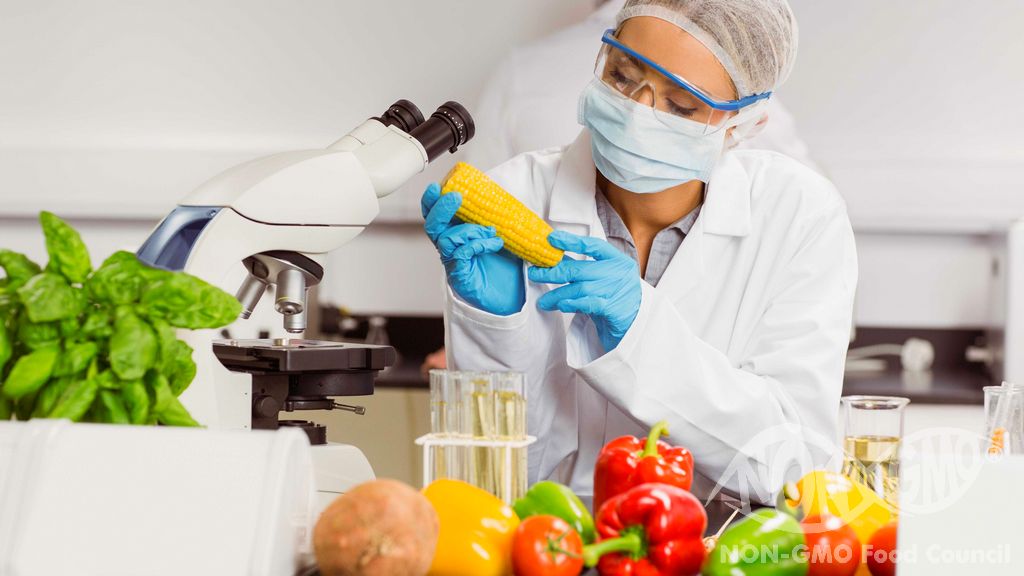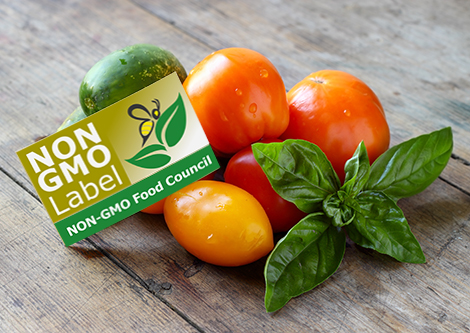The purpose of the criteria is to provide meaning and value to the claim that NON GMO-labeled products are marketed as non-GMO products by establishing, maintaining, and keeping publicly available a strict set of requirements.

Thanks to the criteria developed by the NON GMO Food Council, both the manufacturer confirms his claim and the consumer creates a purchase preference with confidence.
The primary purpose of the NON GMO criteria is to provide the evaluation of the product according to a set of rules in order to eliminate the question marks about the product in terms of both the consumer and the producer in the marketing strategies of non-GMO products.
The NON GMO or GMO Free criteria are designed to help conserve sources of genetically modified organism-free products, raise awareness among consumers, and provide consumers with verified GMO-free options.
The main crops covered by NON GMO today are soybeans, corn, alfalfa, papaya, canola, cotton, sugar beet, summer squash, apples, potatoes and rice. These listed plants are produced as GMO and constitute 99 percent of GMO products. However, considering the components obtained from these products, the number of foodstuffs containing GMOs is quite high.
NON GMO certification, and the associated labeling, means that a product has been produced to strict GMO avoidance criteria, giving consumers the best assurance that a product is GMO-free.
It would be much more meaningful to examine GMO foods by dividing them into risk groups. While some GMO products are included in the high risk group due to their nature, some are classified as low risk and for the remaining ones, they are divided into monitored risk groups.
Our NON GMO certification program uses a set of criteria to identify crops and inputs that are likely to be genetically modified.
Do not hesitate to contact our expert team to get detailed information about the GMO Free and NON GMO label and certification, or to apply for certification.
